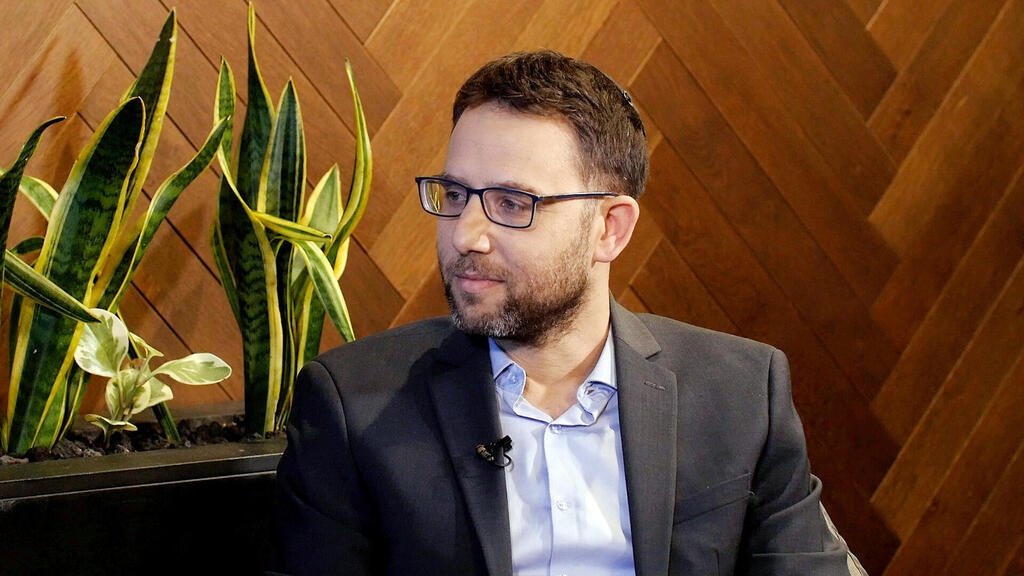
"The role of the government is to not interfere with high-tech"
According to Dr. Shmuel Abramzon, the chief economist at the Ministry of Finance, "the government had a part in the success of high-tech, but it is not the main factor"
"The slogan that high-tech is the engine of the Israeli economy is absolutely correct," said Dr. Shmuel Abramzon, the chief economist at the Ministry of Finance, in a conversation with Roee Bergman of Calcalist that addressed the question of how to continue driving the Israeli economy. He elaborated: "It constitutes about 18% of GDP, is 10% aof the labor market and approximately a quarter of tax revenues."
2023 started with the judicial reform that disrupted the high-tech industry, followed by a war combined with a global slowdown in investments. How did all this affect high-tech?
"2023 was a complex year for global high-tech in general, and Israel in particular, due to intricate local factors. It was a challenging year, also influenced by global processes from mid-2022, such as the increase in interest rates and the decline in investments. These are global phenomena, and Israel experienced the roller coaster in a more pronounced manner."
How can the state provide more fuel to push the locomotive forward and bring it out of stagnation?
"The government played a role in the success of high-tech, but it is not the primary factor. Success is linked to the private sector and investors' capital, with the government's role not to interfere in areas where the private sector struggles or market failures occur. If we identify credit gaps, we will provide a boost to companies in urgent need of financing. If Israeli institutional investors are hesitant, then the government can incentivize them."
How do you formulate a forecast for the road ahead?
"This is an unprecedented event compared to previous wars, so deriving conclusions directly is challenging. However, there are elements seen in other events, even in the pandemic, and coping models exist. We anticipate damage to the labor market and tax revenues in 2024, as reflected in budget documents. However, based on past experiences, we believe the economy will recover from this event."
Moody's rating agency downgraded Israel's credit rating over the weekend. How does this affect your future predictions and how does it affect the citizens?
"It is still premature to assess the full effects, and the Ministry of Finance will monitor them closely. The credit rating correlates with an increase in the risk premium and the rise in debt-raising costs for the government and Israeli companies. However, it is reasonable to assume, based on past cases, that the market has largely priced in the increased risk reflected by the rating agency. The updated rating, A2, still reflects a stable and developed economy, with high debt repayment capacity."
There is a global trend of comparing tax rates for international companies. How does this affect Israel?
"Companies are in Israel not solely due to taxation, but because of the abundance of talent and a robust ecosystem, with a favorable tax environment. The Investment Encouragement Law provides benefits. The OECD process, in which we participate, aims to prevent companies from relocating to countries with lower tax rates. Israel's tax system is not conducive to tax evasion, and these amendments do not work against us. We have stated our acceptance of the principles, but the implementation of this reform is still under discussion, including how the United States will adopt it. We hope the Treasury will make decisions on this matter in the coming weeks."














